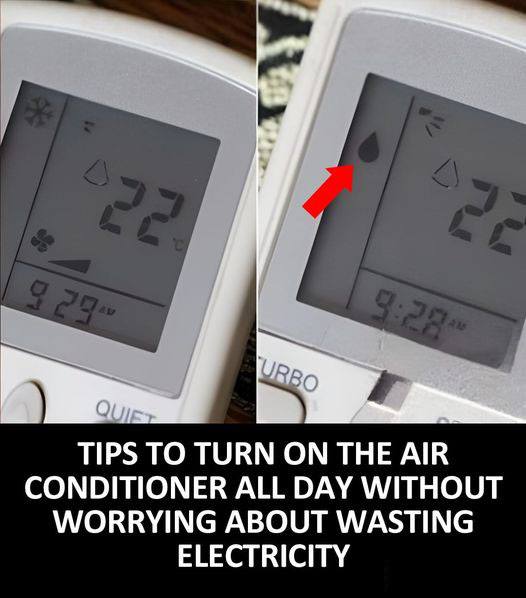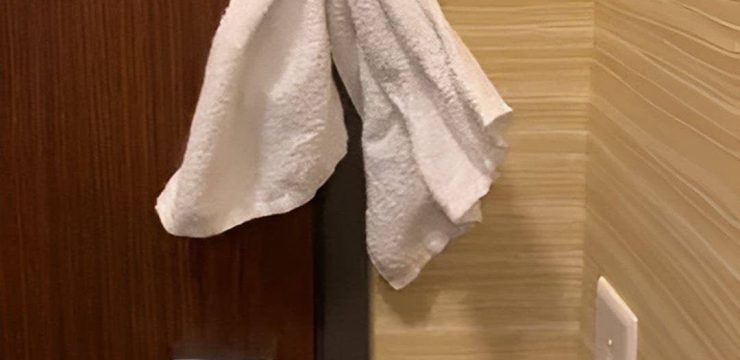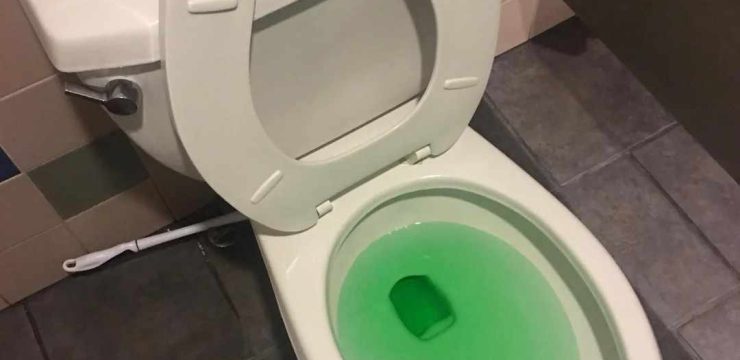As summer approaches and temperatures start to climb, many households rely heavily on air conditioners to stay cool. However, along with the relief from scorching heat comes the dread of skyrocketing electricity bills. The good news? With some smart adjustments and regular maintenance, you can ensure your air conditioner runs efficiently without draining your wallet.

Air conditioners play an essential role in modern homes, offering protection from dangerous heatwaves and maintaining comfortable indoor temperatures. However, they also have a downside—they consume significant energy and contribute to environmental problems, such as greenhouse gas emissions, which worsen global warming. Scientists warn that global temperatures will continue rising annually, making it even more critical to strike a balance between personal comfort and environmental responsibility. Here are 12 effective strategies to optimize your air conditioner’s performance while reducing energy costs.
1. Keep Your Air Conditioner Unclogged and Clean
Over time, dust, dirt, and debris can build up in your AC’s vents, ducts, and filters, blocking airflow and reducing efficiency. Cleaning these components regularly allows air to flow freely, ensuring your system doesn’t work harder than it needs to. You can either clean it yourself or hire a professional to ensure a thorough job. This simple step can lead to noticeable energy savings.
2. Schedule Professional Maintenance
Even if you’re diligent about cleaning your air conditioner, it’s still wise to have a professional HVAC technician inspect it at least once a year. Experts can detect problems like poor airflow, faulty wiring, or refrigerant leaks—issues that may not be obvious to an untrained eye. Regular check-ups prevent expensive repairs down the road and keep your AC running smoothly.
3. Maintain a Stable Temperature
Constantly adjusting the thermostat puts unnecessary stress on your air conditioner. Instead of frequently changing the temperature, aim to keep it within a consistent range throughout the day. This reduces the workload on the system and keeps energy consumption more stable.
4. Avoid Overcooling Your Home
Many people make the mistake of setting their thermostat to very low temperatures, thinking it will cool the house faster. However, this only drives up your energy bills. Instead, aim to keep the thermostat set around 70°F to 72°F. This small adjustment can reduce energy use by up to 20% without compromising comfort.
5. Give Your Air Conditioner a Break
During cooler summer nights, consider turning off the AC and opening your windows to let fresh air in. If you’re going to be away from home for an extended period, turn off the air conditioner to prevent unnecessary energy use. In extremely hot climates, you might want to keep the thermostat at a higher setting (around 70°F) while you’re away to protect items like candles and hygiene products from heat damage.
6. Be Mindful of Peak Energy Hours
Energy consumption tends to spike in the late afternoon and early evening when temperatures peak and people return home from work and school. If possible, try to limit energy-intensive activities during these hours. Plan outdoor activities, visit a local swimming pool, or spend time by a lake to reduce indoor AC usage during peak hours.
7. Close Windows During the Day
While nighttime breezes can be refreshing, leaving windows open during the day invites heat into your home. Make it a habit to close windows in the morning to trap cool air inside and reduce the workload on your air conditioner.
8. Use Curtains and Blinds Wisely
Direct sunlight streaming through windows can quickly heat up your home. Close curtains or blinds, especially on south- and west-facing windows, to block out the sun’s heat. Blackout or reflective curtains can be particularly effective in reducing indoor temperatures.
9. Use Ceiling Fans to Circulate Cool Air
Ceiling fans are a fantastic way to complement your air conditioner. They help distribute cool air evenly throughout your home, allowing you to set your thermostat a few degrees higher without feeling warmer. Make sure your ceiling fan rotates counterclockwise in summer to push cool air downward.
10. Cook Smart to Reduce Indoor Heat
Cooking generates significant heat, which forces your AC to work harder to keep your home cool. Opt for smaller appliances like microwaves, toaster ovens, or slow cookers instead of using the main oven. If you need to bake or cook large meals, try to do so early in the morning or late in the evening when temperatures are cooler. Alternatively, plan cold meals like salads or sandwiches to minimize heat buildup in your kitchen.
11. Insulate and Seal Gaps
Proper insulation is crucial for maintaining indoor temperatures and reducing the strain on your air conditioner. Check for cracks or gaps around windows, doors, and vents, and seal them using weatherstripping or caulking. Proper insulation also applies to attics, basements, and storage areas, as these spaces often allow air to escape.
12. Invest in a Smart Thermostat
Smart thermostats may require a higher upfront investment, but they offer long-term energy savings. These devices allow you to program temperature settings based on your daily schedule and preferences. Many models also offer remote control via smartphone apps, enabling you to adjust settings even when you’re away from home. Smart thermostats can significantly reduce unnecessary energy usage while ensuring your home stays comfortable.
In conclusion, keeping your air conditioner running efficiently doesn’t require drastic changes—just a combination of smart habits and routine maintenance. Whether it’s cleaning vents, using ceiling fans, or investing in a smart thermostat, each small step contributes to significant energy and cost savings.
With rising global temperatures and increasing energy demands, it’s more important than ever to strike a balance between comfort and sustainability. By implementing these 12 strategies, you’ll not only enjoy a cooler home during the summer months but also play your part in reducing energy waste and environmental harm.
So, as summer heats up, take action now—your wallet, your comfort, and the planet will thank you!





